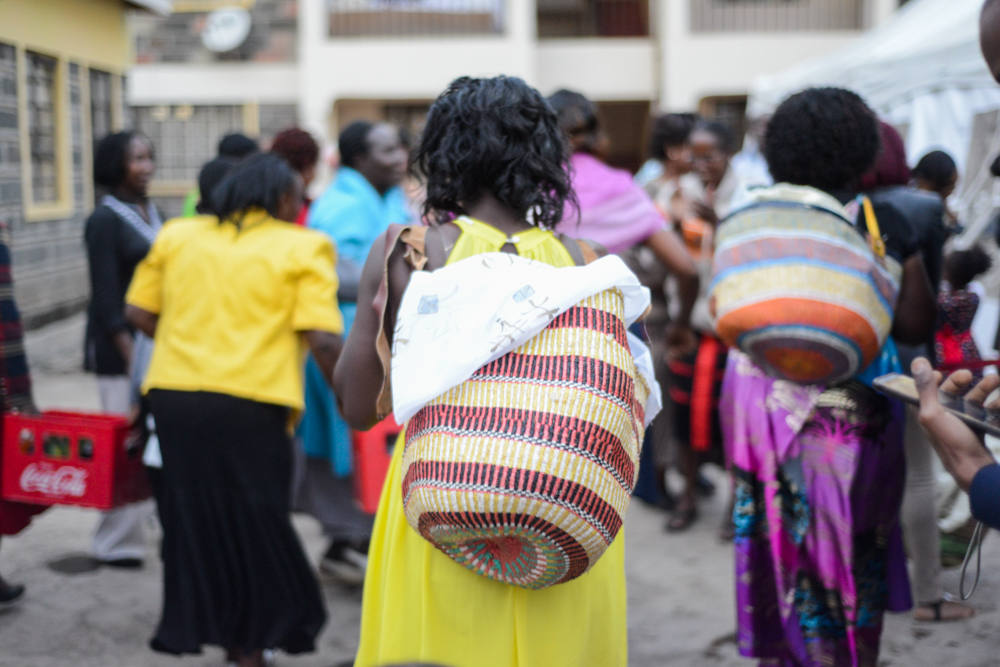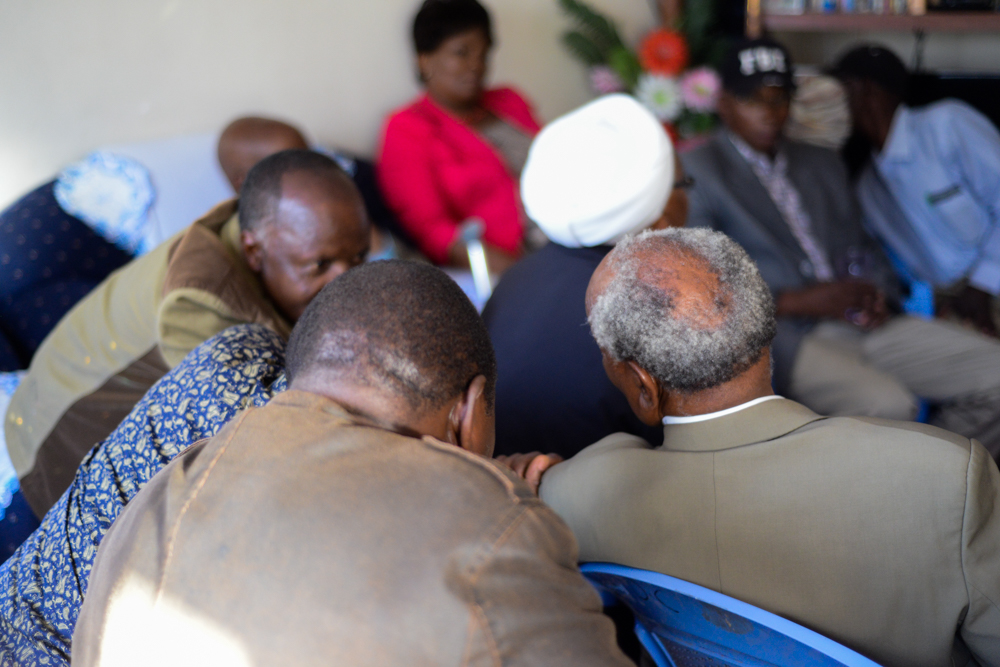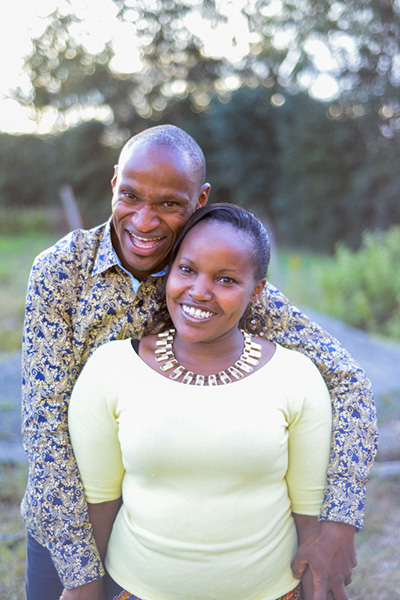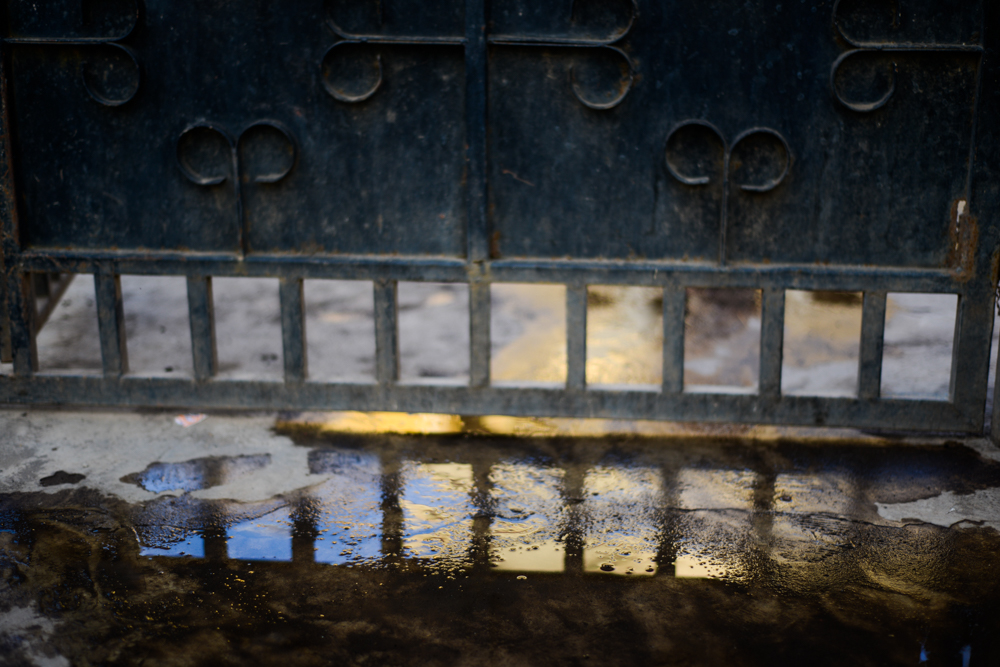
Betrothal
I was invited to attend the dowry negotiations for my friend Kennedy several weekends ago. I won’t get super-technical on the meanings, but the grooms family pays a gift of “goats” to the bride’s family and they negotiate for quite a while to decide if the commitment is sufficient. In this case, as an outsider, it seemed to me that the central focus of the event is idea of joining the two families together and creating bonds. Kennedy’s family referred to the dowry not as a price, but as a gift – I would also interpret it as a commitment and serious statement of intent. Western vows will sometimes say “marriage should not be entered into unadvisedly or lightly.” The discussions between the two families create a serious commitment not just between the couple, but between their families and communities.
I think the most fascinating part for me is how it gave a visible explanation for several very important Bible concepts that I don’t think I have ever really understood.
“Behold I stand at the door and knock. If anyone hears my voice and opens the door, I will come in and eat with that person and they with me.” Revelation 3:20
In America we have these magic things called doorbells, so most of the time we don’t even need to knock. But in Africa and the Middle East, most people don’t live in single-family dwellings in the suburbs, they live in compounds. There would be outer walls for protection and inside buildings and places for animals, and entry point is a main gate. So a visitor must make some noise to gain entry, not just a quiet knock.
The Kikuyu ladies start off the ceremony by singing and dancing outside the gate. It is a back and forth sung by the grooms family and friends outside, and responded to by the bride’s family inside, serious and silly at the same time. Hodi, hodi means will you let us in? The sing and make up verses in real time, and it continues for some 20 or 30 minutes until the women inside the gate are satisfied – in this case by a promise of presents and soda.
Hodi, hodi, Will you let us in?
Why should we?
Hodi, hodi, We have come for Esther?
Who is Esther, and how do you know she is here?
Hodi, hodi, Please let us in?
We can’t, we have lost the key.
Hodi, hodi, if you loved Jesus you would let us in.
If you loved Jesus you would help us find the key!
Hodi, hodi, will you let us in?
Why should we?
We have brought soda!
Okay come in.
Then the ladies all greet and hug, and we all come in and eat a meal together.
Consider the verse from Revelation in this light. Jesus is not just standing and tapping on the door once or twice before going away. He is knocking loudly at the gate, repeatedly, asking for entrance. Maybe he is even singing, dancing, and using jokes and gifts to win our hearts and acceptance. Jesus is much more like a Kikuyu lady than a UPS delivery man.
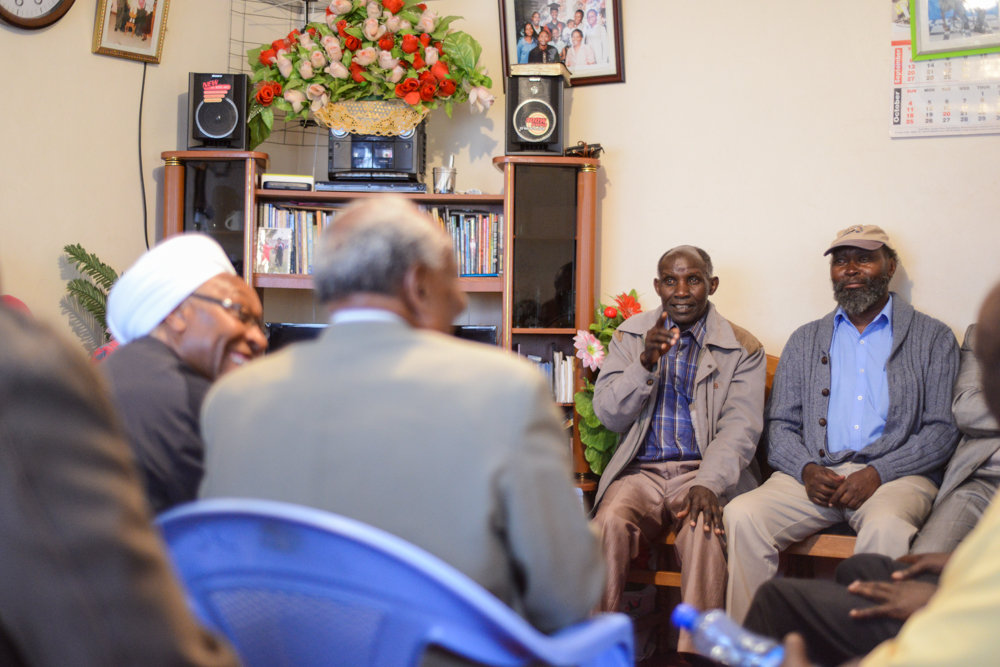 “When the Advocate comes, whom I will send to you from the Father – the Spirit of truth who goes out from the Father – he will testify about me.” John 15:26
“When the Advocate comes, whom I will send to you from the Father – the Spirit of truth who goes out from the Father – he will testify about me.” John 15:26
One of the interesting things is that in the negotiations, neither the bride nor groom are present. The Wazee, elders, conduct the event on their behalf. The oldest men on the bride’s side speak and discuss, and the female elders will watch but not intervene during the negotiations. Kennedy, Esther, and some of their friends wait nearly two hours outside to discover what has happened. The wazee are the advocates and intercessors, speaking on behalf of the bride and groom, discussing good terms and making sure the marriage starts out on solid footing.
Skill is require on the part of the advocates. It is possible that a suitable agreement cannot be reached, in which case the advocates from the bride’s family would ask everyone else to go home and return another day. We traveled for hours to reach the site, and this is definitely something the groom’s family wants to avoid.
They conducted the negotiations in Kikuyu so I could not understand most of what was being said, but it was both serious and lighthearted. At one point the gentleman who is pointing his finger in the picture above started banging an imaginary spear on the ground and talking very animatedly. I got the translation later: “How do we know you are serious, what will you show us other than words? If you are serious, give us a he-goat and a she-goat to prove it!” The goats are symbolic now – gifts of money – but I could imagine the Wazee under a big acacia tree surrounded by animals as they conducted similar discussions.
In Christian theology, the Holy Spirit is the advocate – the person of God who speaks on our behalf and for our good, who intercedes for us and makes sure things go well for us. The spirit makes sure we are not under-valued or under-loved. We have been bought at a great price and the Advocate’s job is to testify about this. I have often heard and seen this depicted as a defense lawyer in sermon illustrations. But I really like the idea of it being more of a grandparent – someone who loves dearly us and is responsible for our very existence – standing on our behalf and in our stead.
“This is how the birth of Jesus the Messiah came about: His mother Mary was pledged to be married to Joseph. . .” Matthew 1:18
The dowry negotiation could also be termed a betrothal ceremony. In the eyes of the family and community, Kennedy and Esther are now bound to one another, but they won’t be married until the ceremony in February. The bride-gift or dowry factors into this betrothal – it is not just a verbal pledge or promise, significant financial commitment has been made between the families. Definitely a big deal, just as it was for Mary and Joseph.
I’m very happy for these guys, and was so honored to be a part of this special day!
